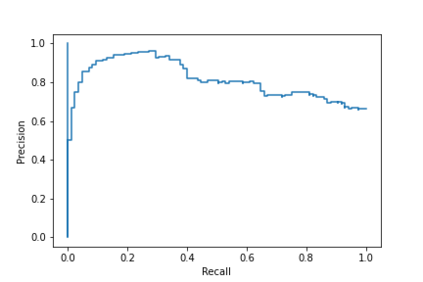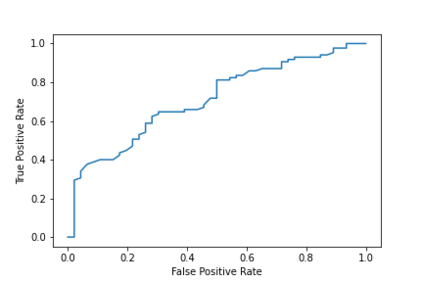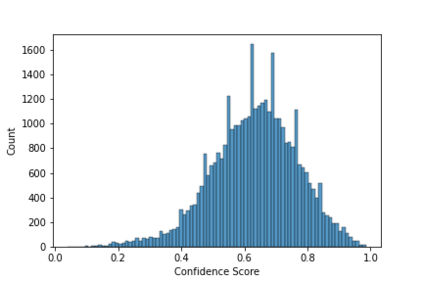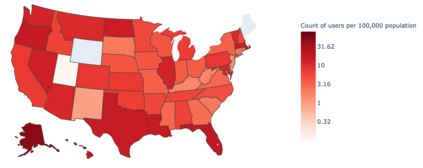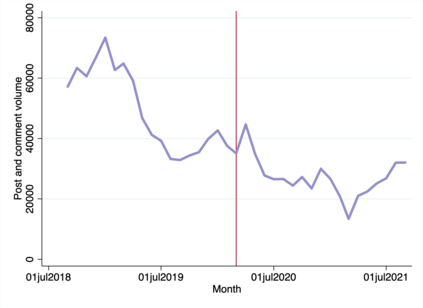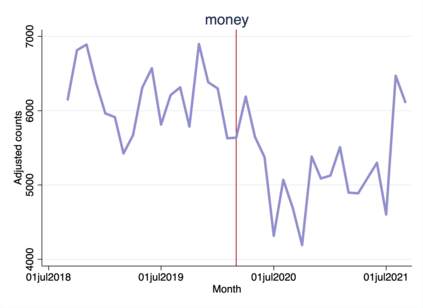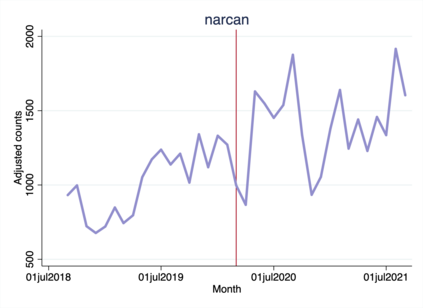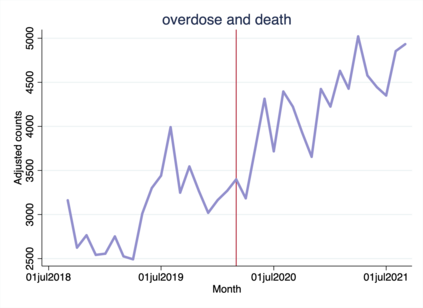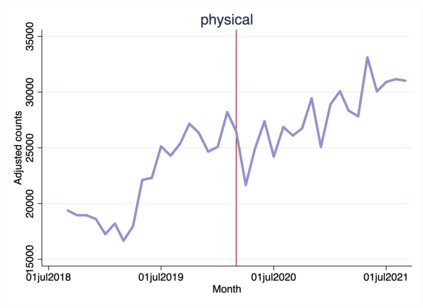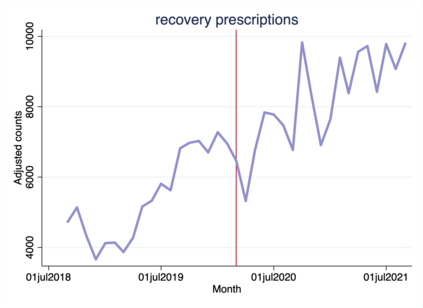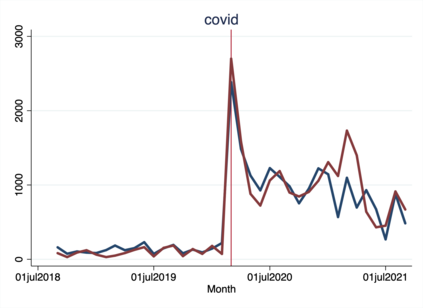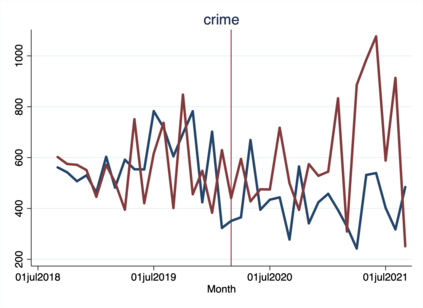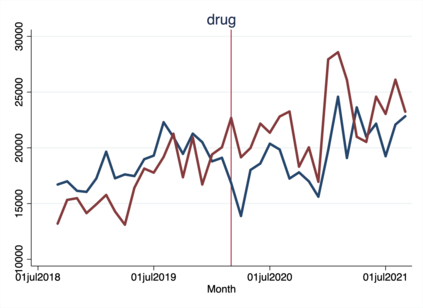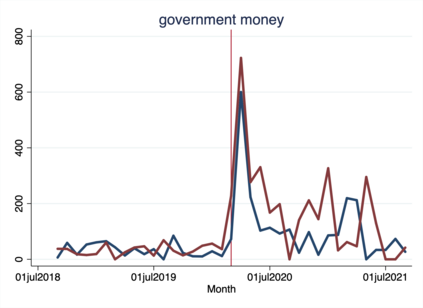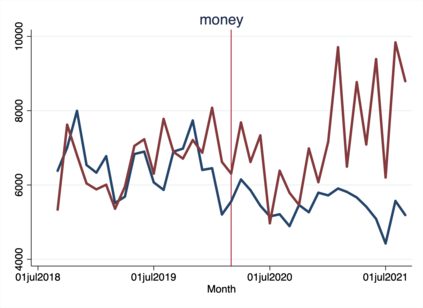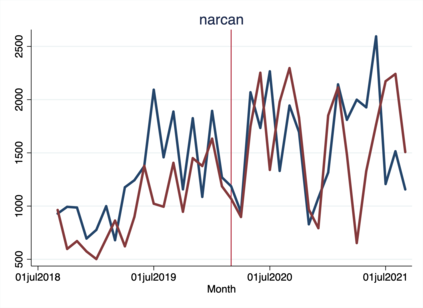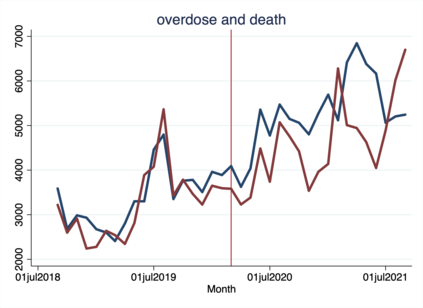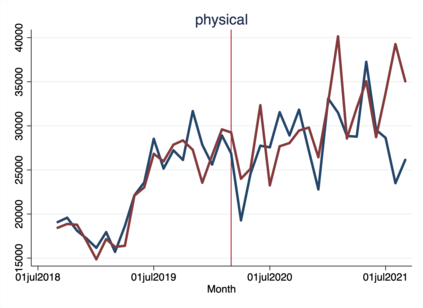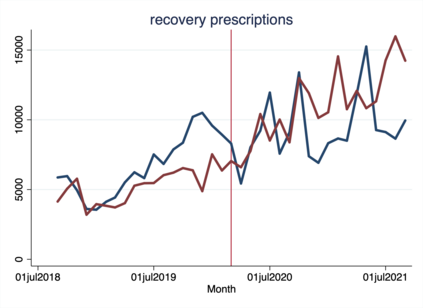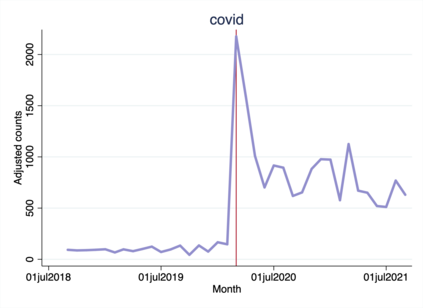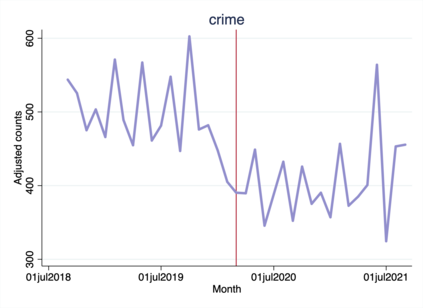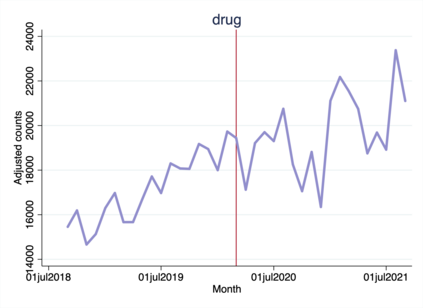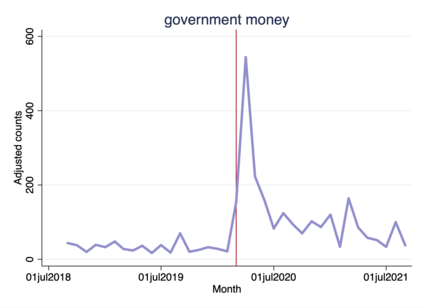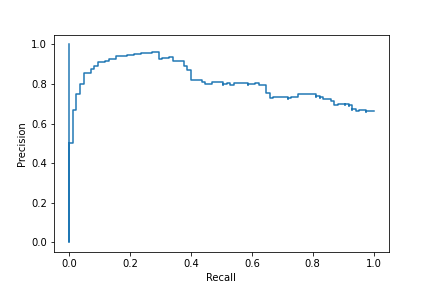The Covid-19 pandemic has intersected with the opioid epidemic to create a unique public health crisis, with the health and economic consequences of the virus and associated lockdowns compounding pre-existing social and economic stressors associated with rising opioid and heroin use and abuse. In order to better understand these interlocking crises, we use social media data to extract qualitative and quantitative insights on the experiences of opioid users during the Covid-19 pandemic. In particular, we use an unsupervised learning approach to create a rich geolocated data source for public health surveillance and analysis. To do this we first infer the location of 26,000 Reddit users that participate in opiate-related sub-communities (subreddits) by combining named entity recognition, geocoding, density-based clustering, and heuristic methods. Our strategy achieves 63 percent accuracy at state-level location inference on a manually-annotated reference dataset. We then leverage the geospatial nature of our user cohort to answer policy-relevant questions about the impact of varying state-level policy approaches that balance economic versus health concerns during Covid-19. We find that state government strategies that prioritized economic reopening over curtailing the spread of the virus created a markedly different environment and outcomes for opioid users. Our results demonstrate that geospatial social media data can be used for agile monitoring of complex public health crises.
翻译:为了更好地了解这些相互交织的危机,我们利用社交媒体数据来获取关于Covid-19大流行期间类阿片使用者经历的定性和定量见解。特别是,我们利用一种不受监督的学习方法,为公共卫生监控和分析建立一个丰富的地理定位数据源。为了做到这一点,我们首先通过将名称实体认知、地理编码、基于密度的集群和超理论方法结合起来,推断出26 000个参与与阿片剂有关的次级共产主义(subreddits)的Reddit用户的位置,这些用户正是参与与阿片剂有关的次级共产主义(subredits)的。我们的战略在州一级实现了63%的准确性,因为有人手动附加说明的参考数据集。然后我们利用用户的地理空间性质来回答与政策相关的问题,即不同的州级政策方法平衡了Covid-19期间的经济关切与健康关切。我们发现,政府的战略能够将使用不同的社会-空间-空间-空间-空间-空间-空间-空间-空间-空间-空间-空间-空间-空间-空间-空间-空间-空间-空间-空间-空间-空间-空间-空间-空间-空间-空间-空间-空间-空间-空间-空间-空间-空间-空间-空间-空间-空间-空间-空间-空间-空间-空间-空间-空间-空间-空间-空间-空间-空间-空间-空间-空间-空间-空间-空间-空间-空间-空间-空间-空间-空间-空间-空间-空间-空间-空间-空间-空间-空间-空间-空间-空间-空间-空间-空间-空间-空间-空间-空间-空间-空间-空间-空间-空间-空间-空间-空间-空间-空间-空间-空间-空间-空间-空间-空间-空间-空间-空间-空间-空间-空间-空间-空间-空间-空间-空间-空间-空间-空间-空间-空间-空间-空间-空间-空间-空间-空间-空间-空间-空间-空间-空间-空间-空间-空间-空间-空间-空间-空间-空间-空间-空间-空间-空间-空间-空间-空间-空间-空间-空间-空间-空间-空间-空间-空间-空间-空间-空间-空间-空间-空间-空间-空间-空间-空间-空间-空间-

